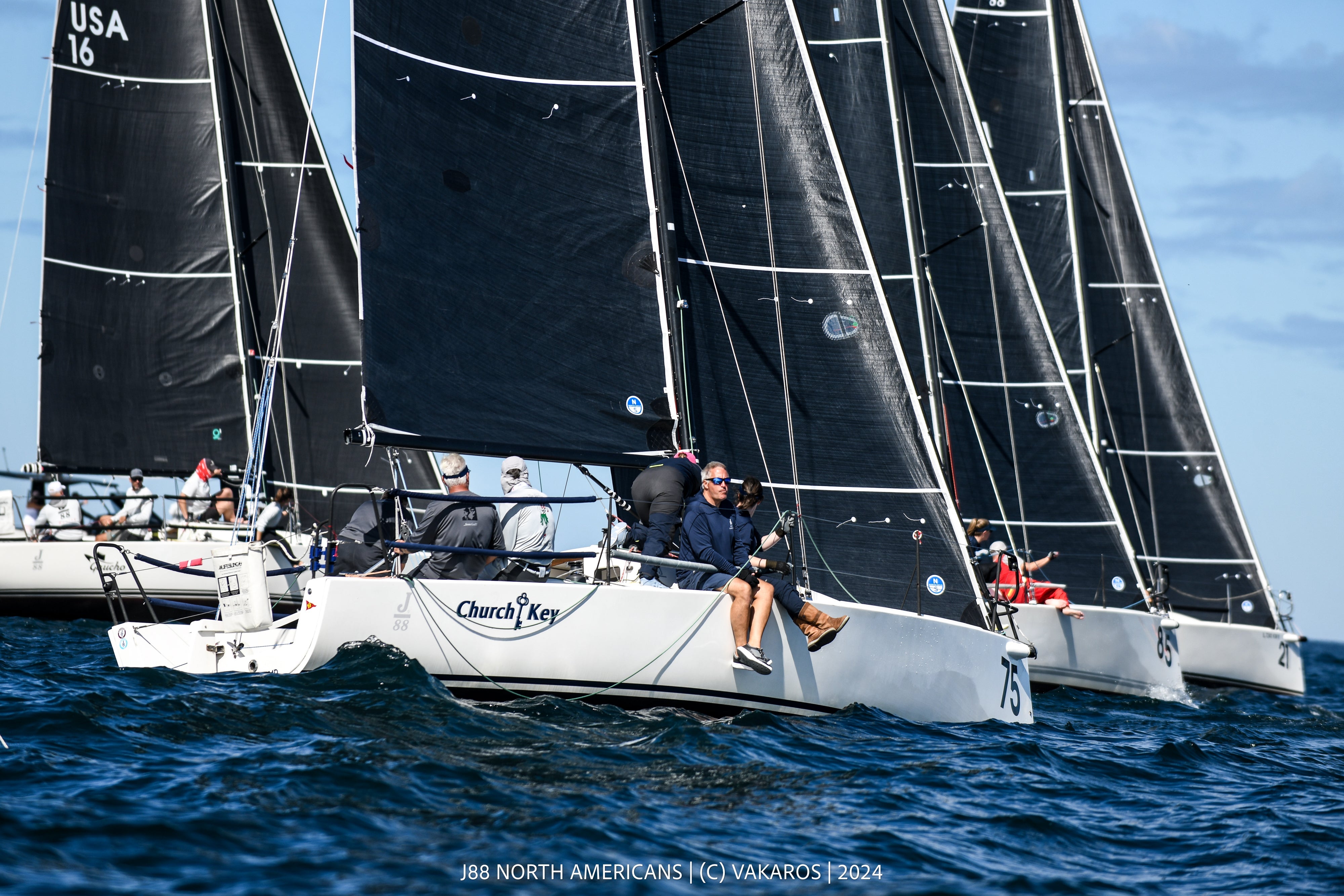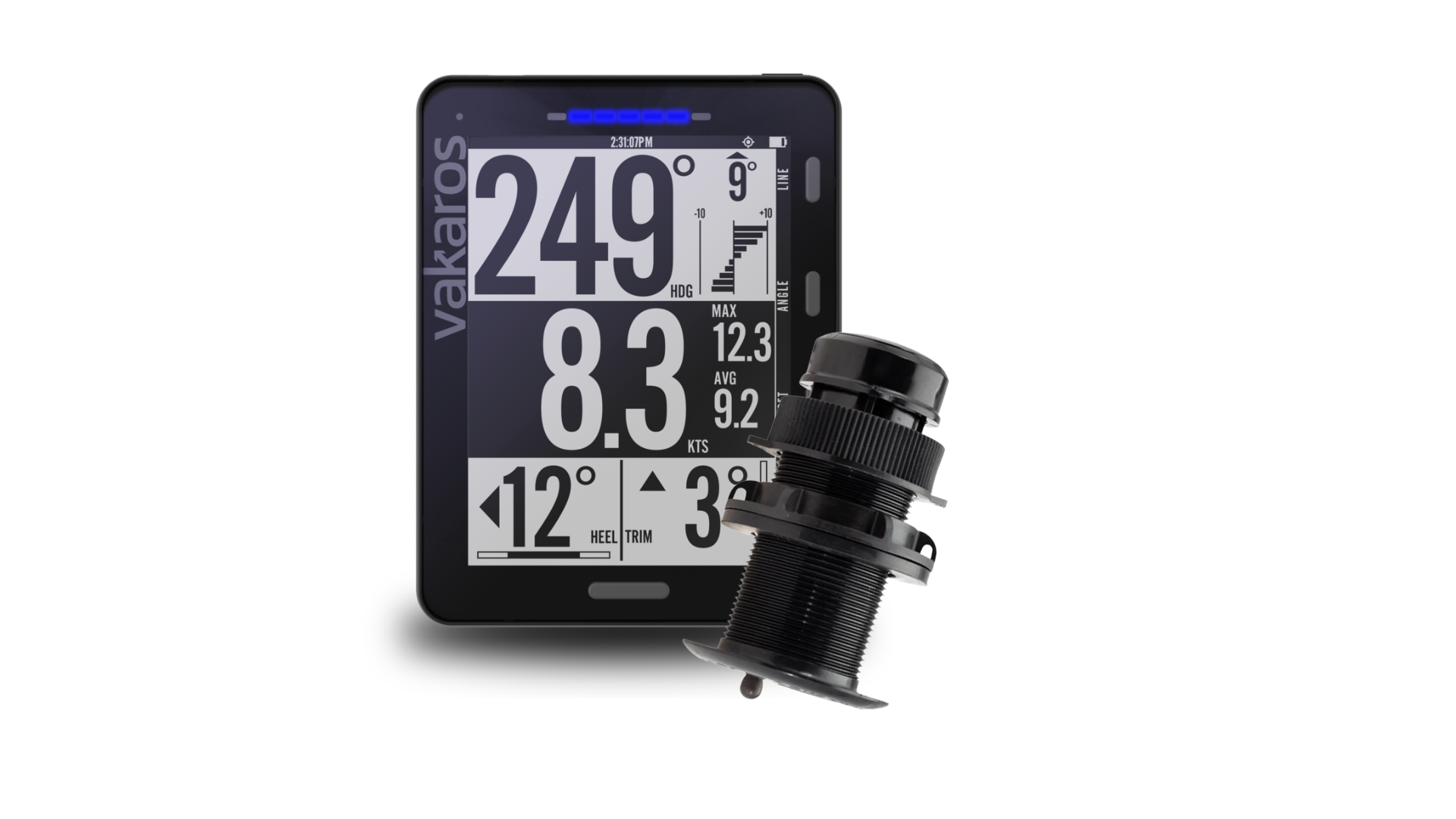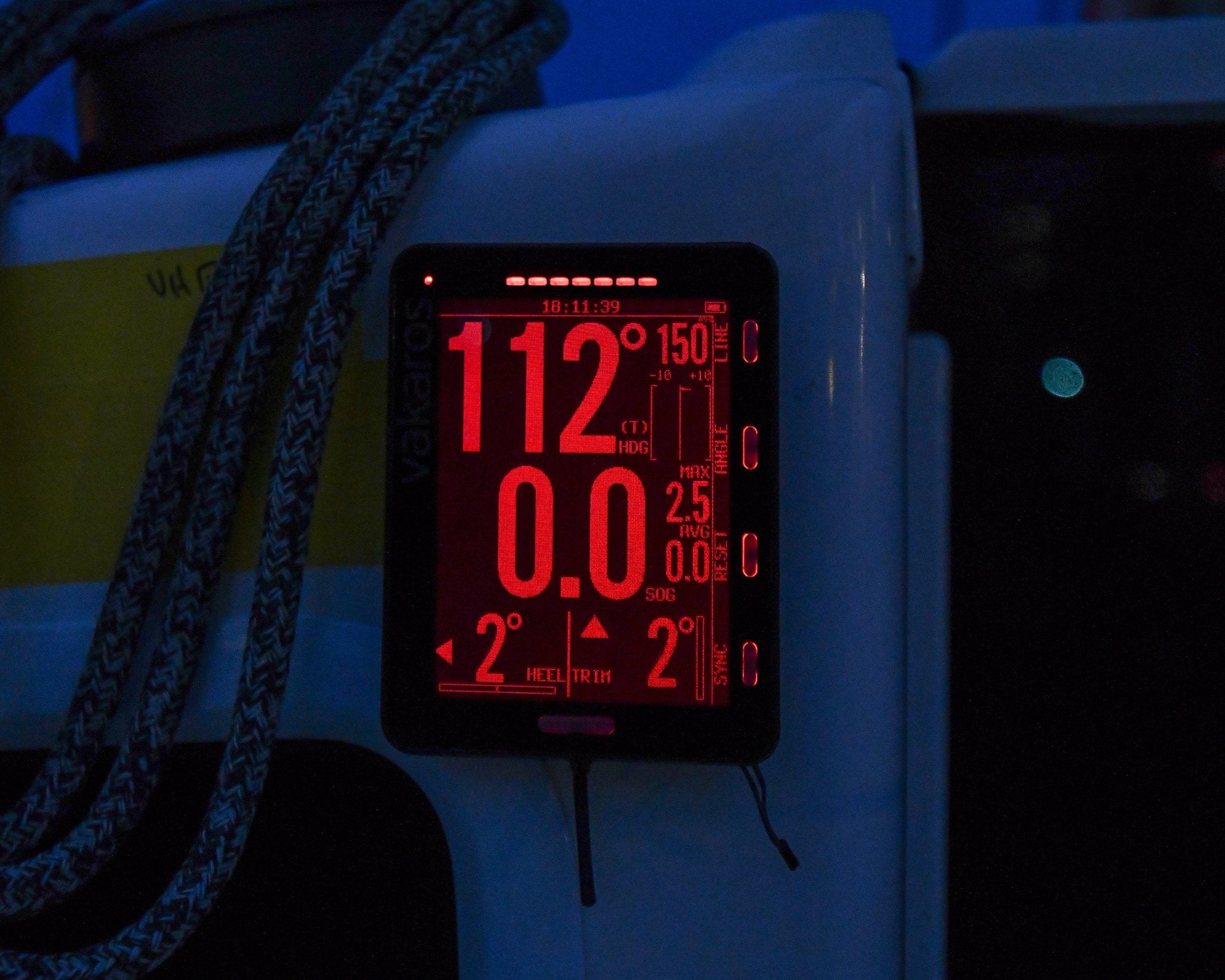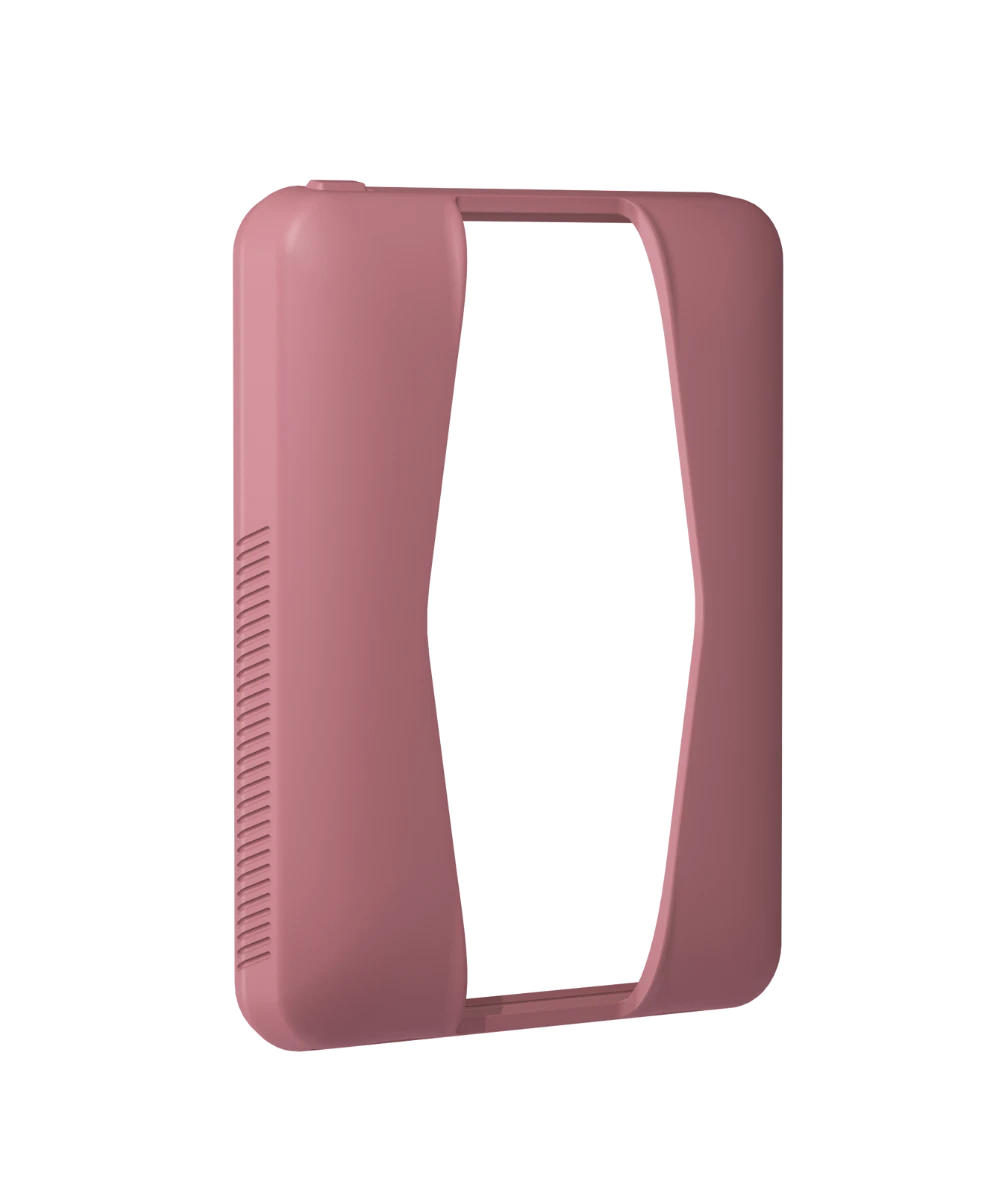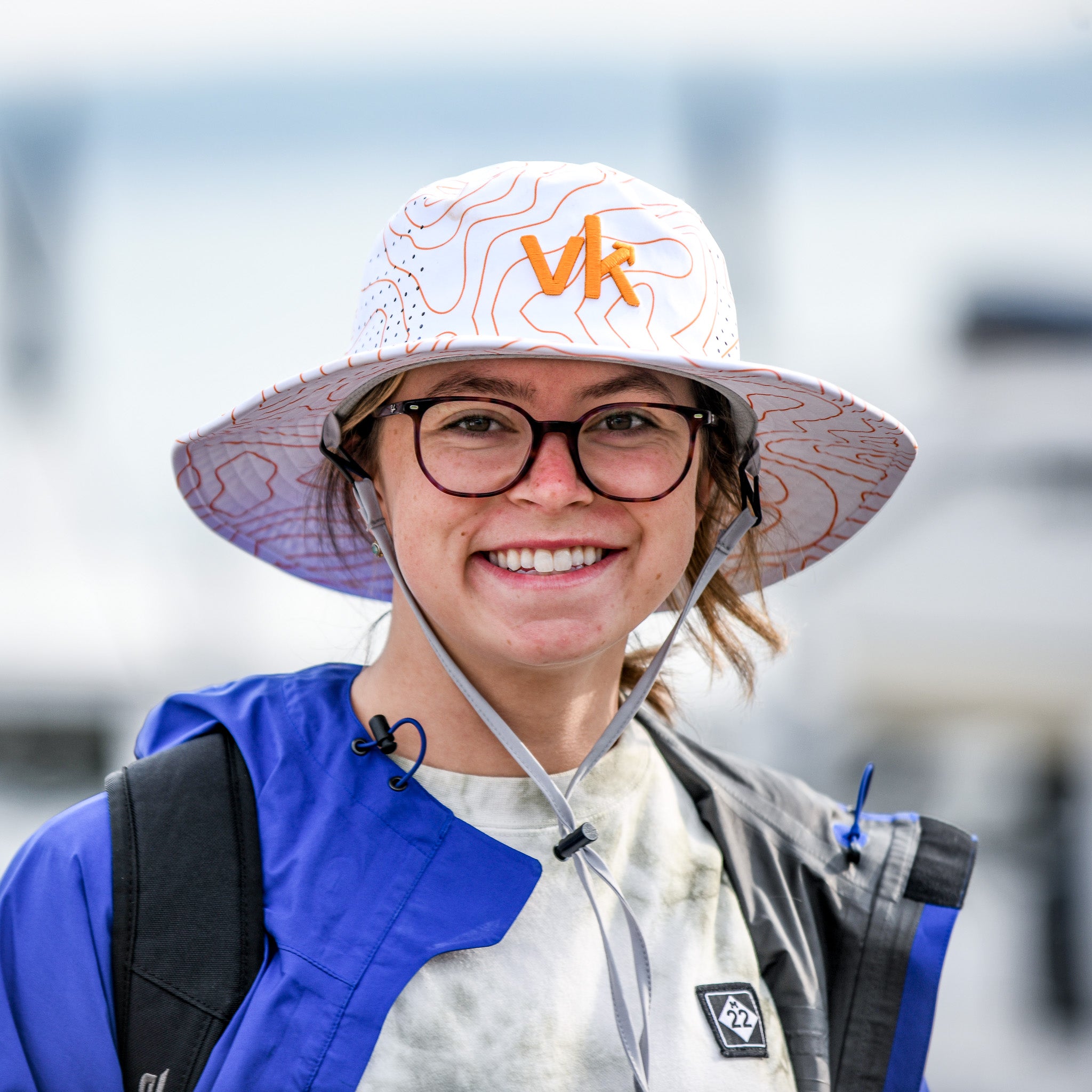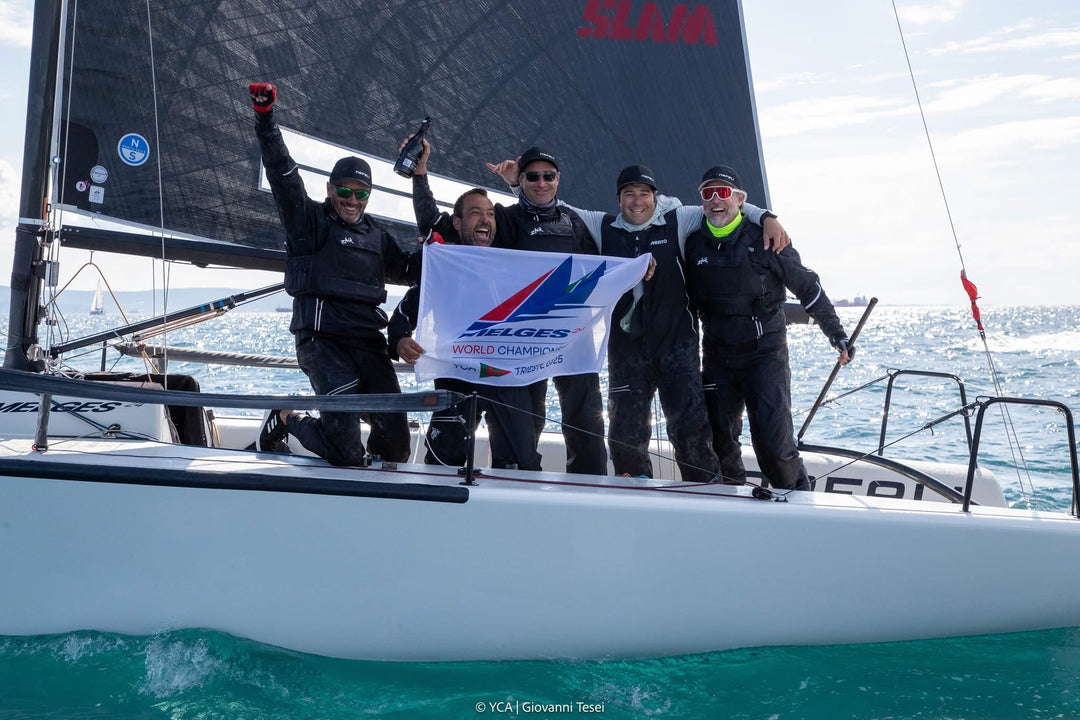Seven questions to Dylan Fletcher Scott
1. Olympic Gold: Winning gold at the Tokyo Games was a standout moment in your career. How did that victory shape your perspective on competition and personal growth in sailing?
Winning Gold in Tokyo was a lifelong dream, it’s hard to put into words just what that means. Stu and I grew through that campaign and were very proud of what we put together at the Olympics, delivering when it counted and backing up what we knew we could achieve. It opened a few doors, but as ever, the hard work never stopped from here.
2. America’s Cup Lessons: Competing in the 37th America’s Cup against Emirates Team New Zealand presented unique challenges. What were the most valuable lessons or skills you gained from that experience?
The biggest skill I had to learn for AC37 was Match Racing, having never done it before other than some training we did ahead of the Olympics. I was lucky to learn from the best, we had a great team at the British challanage with Ben Ainsle, Ian Willams and Giles Scott. On the sailing side, it was quite a step up from a 49er/moth to the AC75, the experience in our test boat T6 and the AC40’s was invaluable in learning how to sail these complex race yachts.
3. SailGP Leadership: As the driver for Emirates Team GB in SailGP, you’ve been at the helm of intense, high-speed competition. How has this role refined your leadership style and approach to teamwork on the water?
SailGP is just epic racing and it’s a worldwide league, as a sailor its awesome to be honest. Competing against the worlds best, in one design F50 yachts, with a tight knit team has taught me so much already. As the driver coming into an experienced team, I have had to adapt and learn quickly, there is minimal training time and you do not get any practice just because you have not done it for a few years. SailGP has moved on massively since season 1 back in 2019
4. The Moth Class: The Moth is known for its blend of innovation and skill. What keeps you coming back to this class, and how does it influence your performance in other disciplines?
The moth is a great class, compared to the bigger foiling yachts, its nice to get out on your own occasionally and test yourself. It’s a development class, which means its consistently evolving, which has taught me all parts of the package in order for the quest for more speed. Through sail design, hull development, foil testing, its all learning that I think is valuable at this level. Then there is the racing, its wild, tight, fast and with again the worlds best sailors. Even though I am always fighting physic’s being on
the small side, I enjoy the challenge.
5. Data-Driven Sailing: Data is central to AC75 racing. Can you share how you and the team leverage onboard analytics to enhance performance and make tactical decisions?
We have complex tools that use the data from the yacht to help us understand how we can make the yacht go faster, whether that’s straight lines or boat handling.
6. Balancing Tech and Instinct: Advanced technology is transforming sailing. How do you maintain the balance between using tech tools like data analysis and relying on your instincts as a sailor?
A sailor will always rely on their instinct, the data is just helping us learn faster and as with any tool, understanding how to use it and where it adds the value is a key skill on its own.
7. The Vakaros Collaboration: Vakaros is pushing the boundaries of sailing instrumentation. What excites you most about this partnership, and how do you see it contributing to your future success?
It’s been great to see what Vakaros has achieved, the abilty to have such a highly accurate race computer on a small boat such as a moth that is packed full of tech is essential. It allows me to study the data knowing its accurate and has all the information I need, along with helping me get off the startline! I am looking forward to what comes next, this is only the beginning.




